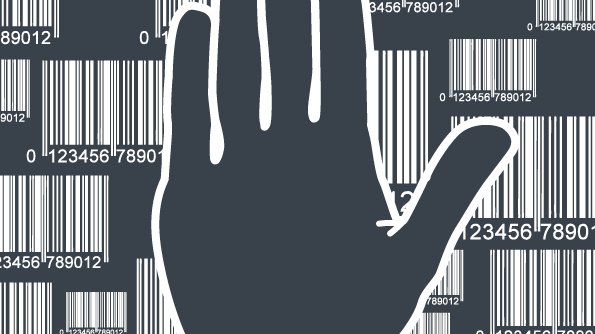
News -
NNIT SafeCoder
To prevent counterfeit and its lethal and financial impact, regulation requiring serialization is enforced. But even serial numbers can be counterfeited, especially if batches have sequential codes. Enter the need to generate unique bar codes and serial numbers that are not computed algorithmically. Such capability also needs to operate globally to ensure compliance around the world. NNIT’s SafeCoder™ does exactly this.
As the pharmaceutical industry has grown in complexity, so too has its supply chain. There are more products, devices and ingredients, and this has led to the expansion of intermediaries. There is, therefore, a heightened risk for a counterfeit product or ingredient to slip in unnoticed at some point between the producer and the patient.

